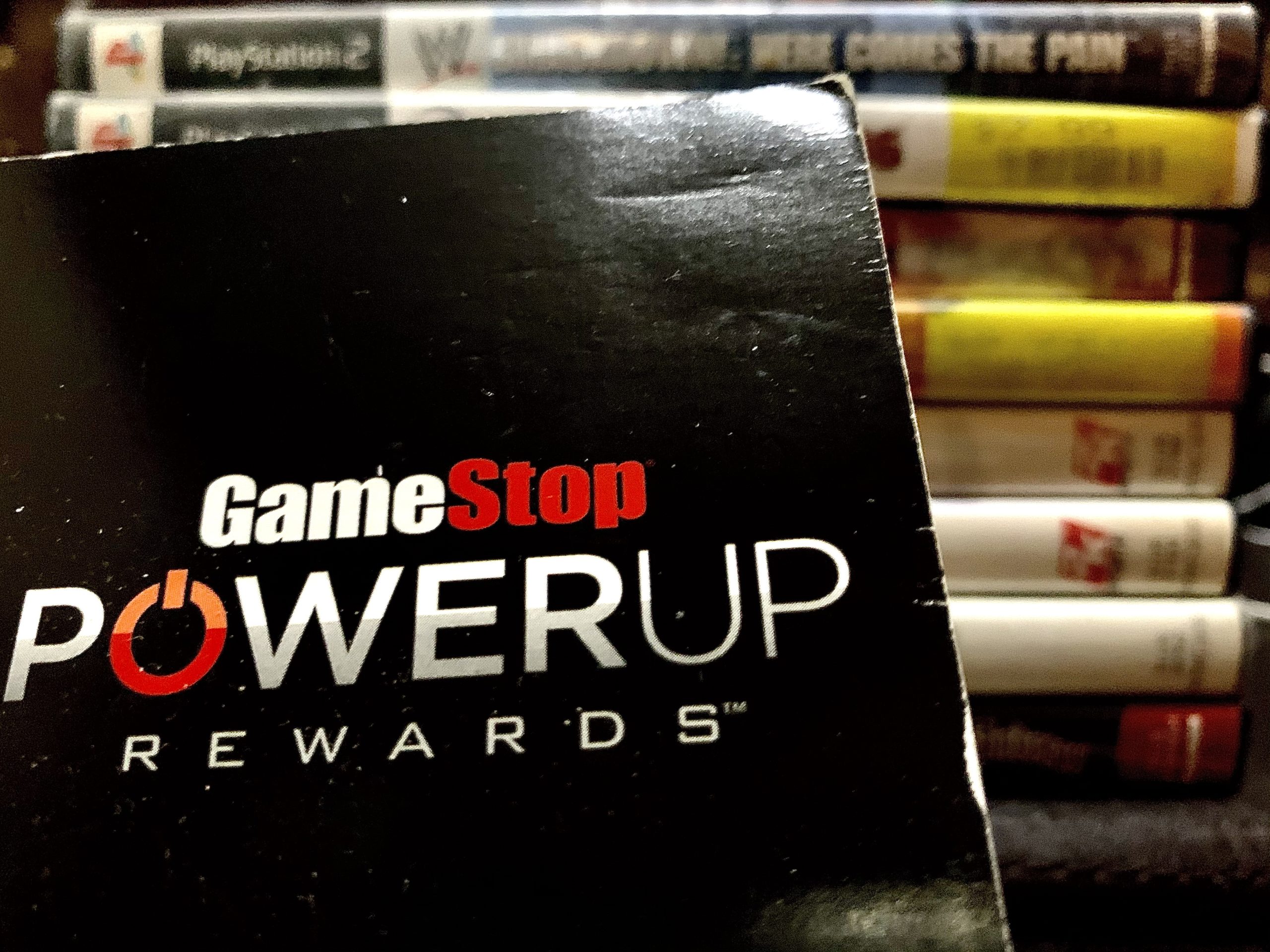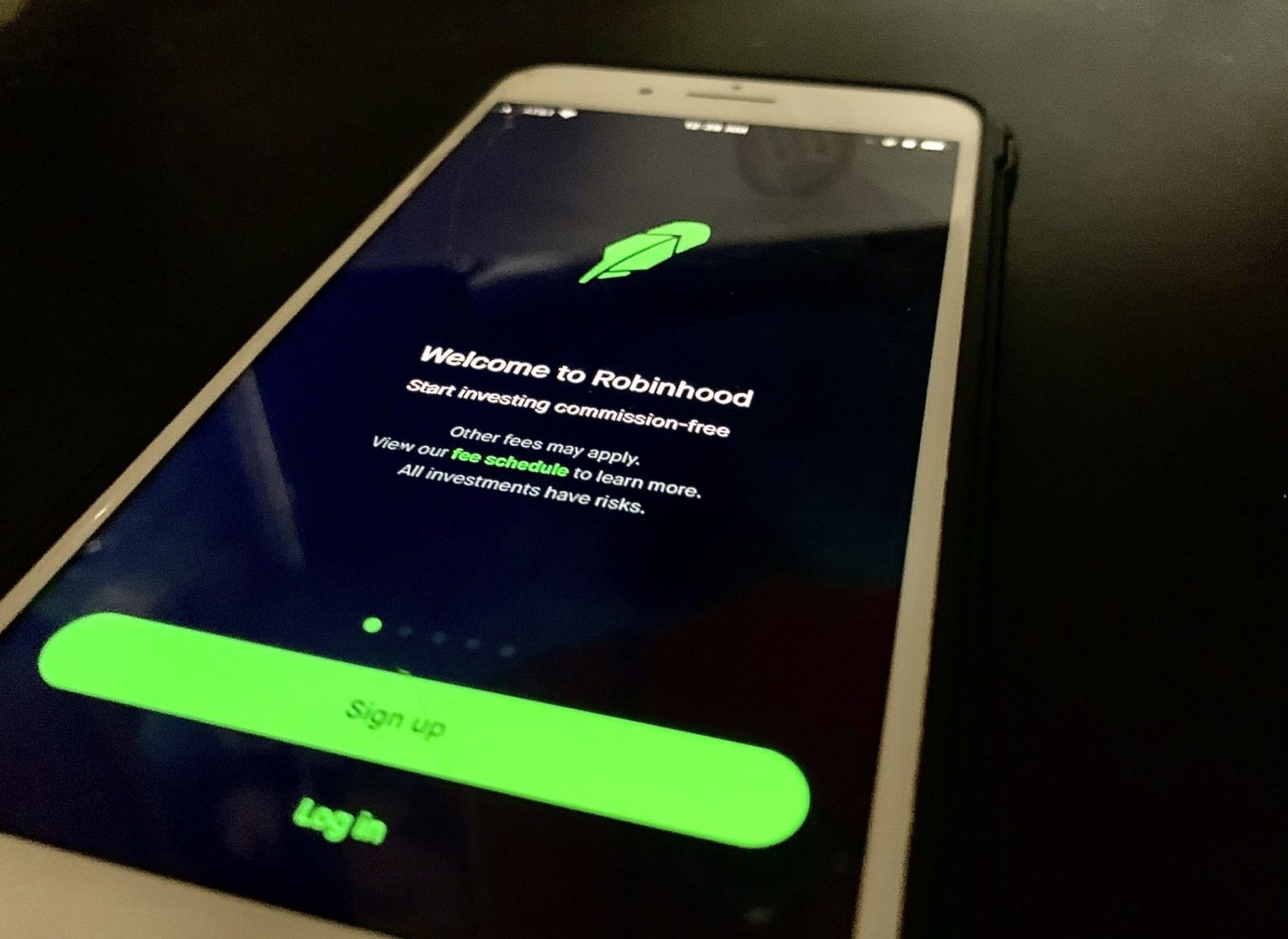Co-founder Adrienne J. Romero contributed to this story. Photo by Adrienne J. Romero.
In the month of January, the Wednesdays have given us an insurrection, impeachment, and inauguration. The last installment? Instability could be one word to use.
Watching what unfolded on Jan. 27 is the reason why I can’t quit the internet.
If you’re still seeing memes about GameStop, AMC Theaters and Dogecoin, here’s basically what happened from the understanding of (two) totally-not-professional stockbroker(s).
Reddit is one of those websites that the world knows exists, but there’s so many depths to it that you don’t really know what goes on. And in the depths of the platform lived r/WallStreetBets, an online forum that broke the internet last week and, quite frankly, the stock market.
GameStop has been struggling with business the last few years due to digitally downloaded games, rather than physical copies, which hundreds of gamers used to line up and camp for.
And, as a result, the company became subject to short selling.
Professional investors use short selling in five easy — yet not so easy — steps:
- Borrow shares of a stock from a broker
- Sell it when it’s high
- Buy it again when it’s lower
- Return the lower valued stock to said broker
- Pocket the profit
NBC News described it as “bets that the company will fail” as its stock value steadily decreases. This is what two big hedge fund companies — a group of private investors who protect company investment portfolios — did to the video game retail company.
But Wall Street Bets figured the gag out. As the billionaire investors were betting against the company (keep the stock going down), the Redditors began betting for the company (force the stock to go up), creating a short squeeze, which is when investors bet on whether a stock will go up or down through shares, options or contracts.
In the words of the New York Times:
“If enough traders bet big, the demand can push the stock up. If it goes high enough, the brokers who would be on the hook have to buy more shares, lest they get stuck having to buy a lot of expensive shares all at once.”
(A lot of) Increased demand = (a lot of) increased stock.
This happened to AMC and Dogecoin as well; as previous investors were short selling, others began to drive up the stock by buying shares, options, or contracts.
But then that was shut down quickly as stock market apps like Robinhood basically announced they were going to limit how much you can buy.
Then you switch the perspective to our eyes — the ordinary investors.
On our ends, we see on our timelines how Wall Street is in a frenzy and analysts claiming the market is out of control and how these billion dollar hedge funds run the risk of going insolvent. We see that the reason for this chaos is due to the memelords of a dedicated subreddit continuously buying shares of a dying gaming retailer is a story you can only get in 2021.
Then you basically see a SEC agent (Securities and Exchange Commission) who is lurking on a finance message board searching for high level collusion just to see username Thiccboi69 proclaim, “I will never sell my Bed, Bath and Beyond stock, screw the hedge funds, diamond hands! Hold the line!” followed by a rocket ship emoji.
This is a story that is stranger than fiction, despite the complexities of how it happened and the language of finance that makes it harder to understand. It’s still a compelling tale and a fun ride that unveils the failure of our financial system, demonstrating the useful asset that the internet can be while also displaying the inherent sophomoric humor that comes along with it.
What makes it digestable is that it provides the familiar story beats of the underdog. It’s the proletariat vs bourgeois, little vs the big guy, memelords vs overlords — it’s Reddit vs Wall Street vying for financial freedom in a capitalist society.
Initially what makes the GameStop story so intriguing is that regular people who were a part of an online community saw a market inefficiency and decided to go after it. They invested in a company that is the video game retailer equivalent to Blockbuster video and won big. It was all legal and fair.
They did what all wealthy people claim led to their success.

They learned the game and played it well. They saw predatory behavior by hedge funds and used it against them turning the system on its head. But the established powers within Wall Street do not find this underdog story so amusing.
And they are trying to stop it.
The David and Goliath element of this story is made for a future Hollywood film — similar to the likes of Adam Mckay’s 2015 film “The Big Short,” based on the novel of the same name which covers the 2008-2009 economic housing collapse, which led to a recession in the country.
What gets lost in all of the commentary and think pieces is the role that crisis played in this movement.
Reading through the forums on Wall Street Bets, you will see a lot of testimonials on how the economic crisis a dozen years ago affected the users’ decision to buy the stock of Gamestop. A lot of individuals talk about how their family wealth was destroyed and how they never recovered.
Multiple users talk about how they lost their homes and had to couch surf with their families. They talk about how parents had to use their child’s college savings to keep their head above water. Others spoke about how it created such stress it tore apart their families.
Now perhaps some of these stories are fake. But enough of them were shared for there to be a collective sentiment that when the financial system collapsed, Wall Street got bailed out while regular people’s lives were crushed and they did not forget that.
A lot of these people were kids and young adults when they faced the ramifications of Wall Street’s greed. According to them, it has only strengthened their resolve in blowing up the value of a video game retailer they remember fondly.
According to a recent paper by NYU economist Edward N. Wolf, in the United States, the top 10 percent of American Households own 84 percent of the stock.
Wall Street has taken advantage of the collective financial illiteracy of Americans.
It allows brokers and day traders to basically gamble billions on the trading floor with one another while the majority of us shrug our shoulders in confusion.
Most Americans are not taught nor do they have the expendable income to invest in the stock market. It would not be an exclusionary club for the wealthy elite like it is now.
The retail traders in the Reddit community tried joining the exclusive club, but stock apps such as Ameritrade and Robinhood inhibited them.
This gave further credence to the collective ire of the country towards our casino-like financial structure. It’s a system that allows established institutions and players to basically gamble billions of dollars every day; if they lose then they are bailed out with taxpayer money. Outsiders (which most of us are) are only welcome to play if they lose. But if they win, then the rules of the game must change.
It doesn’t help either when the Head of the U.S. Treasury Janete Yellen had pocketed over $800,000 in speaking fees from Citadel, according to Politico.
Citadel is the same hedge fund that possibly influenced its client – Robinhood – to stop the buys of GameStop stocks to stem the hedge fund losses. Yet Citadel has spent $240,000 per year lobbying congress — seems like a strong conflict of interest.
The point of this article is to say: GameStop shares went from $43 to $380; AMC shares were up 265 percent; Bed Bath & Beyond shares were up 176 percent, so, basically, anything is possible and even a group of Redditors can control the stock market.


